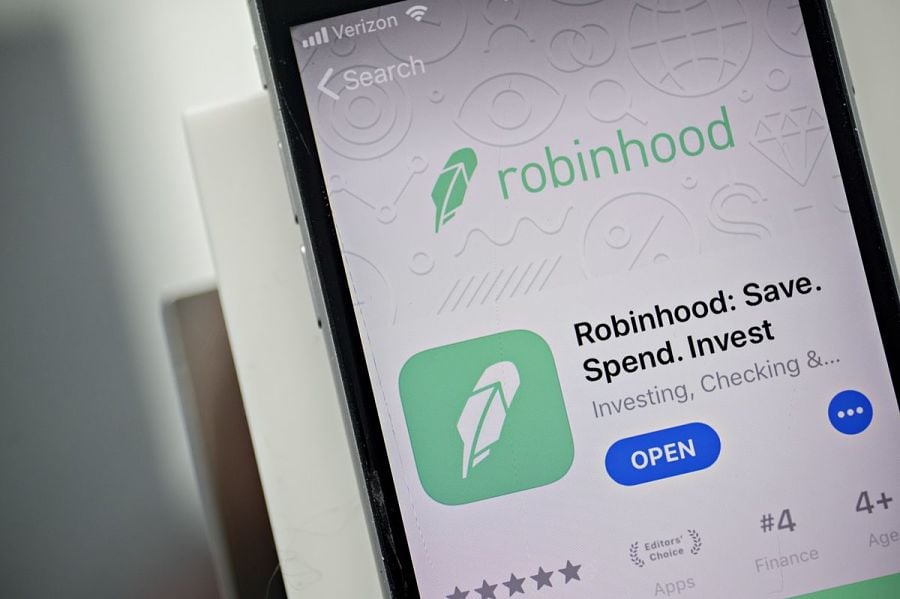

Robinhood Markets Inc. has raised fresh funding as more first-time investors sign onto the app’s simple mobile interface to trade stocks. The latest cash influx of $320 million brings the company’s most recent funding round to $600 million and values the startup at $8.6 billion.
Robinhood’s climbing price tag makes the fee-free trading app one of the most valuable startups in the country. Its small army of inexperienced traders have also become an at-times unpredictable force on Wall Street. In May, the company had already added more than three million new accounts over the course of the year, it said in a blog post, and added that half of its new customers were first-time investors.
The new funding announcement comes as Robinhood faces criticism for enabling people to make risky bets on the market. Last month, a 20-year-old Robinhood user killed himself after his account temporarily showed a negative balance of more than $700,000. After the man’s death, Robinhood said it would change its options trading platform to offer more education and made a $250,000 donation to the American Foundation for Suicide Prevention.
Existing investor Sequoia Capital led the first part of the funding round in May, joined by investors including Ribbit Capital and Unusual Ventures. On Monday, Robinhood said it had raised the additional $320 million in the round from investors including IVP and private equity firm TSG Consumer Partners. Robinhood plans to use the money to hire more employees, build new products and improve operations, it said in the blog post.
“Robinhood has made the financial markets accessible to the masses, and in turn, revolutionized the decades-old brokerage industry,” Sequoia Capital partner Andrew Reed said in a statement.

Integrated Partners is adding a mother-son tandem to its network in Missouri as Kestra onboards a father-son advisor duo from UBS.

Futures indicate stocks will build on Tuesday's rally.

Cost of living still tops concerns about negative impacts on personal finances

Financial advisors remain vital allies even as DIY investing grows

A trade deal would mean significant cut in tariffs but 'it wont be zero'.
RIAs face rising regulatory pressure in 2025. Forward-looking firms are responding with embedded technology, not more paperwork.
As inheritances are set to reshape client portfolios and next-gen heirs demand digital-first experiences, firms are retooling their wealth tech stacks and succession models in real time.
